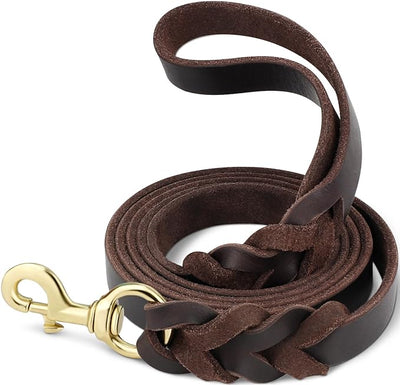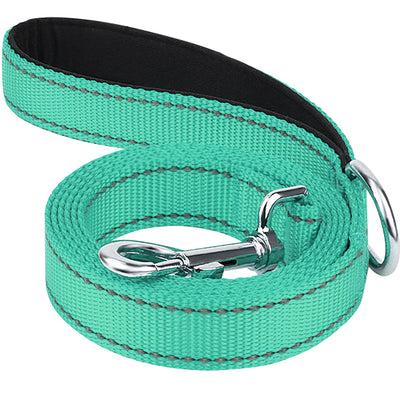Dogs are social animals that require regular physical and mental stimulation to stay healthy and happy. Playtime is an essential aspect of a dog's life, and it is important for pet owners to understand their dog's playtime needs. In this blog, we will explore some tips for fun and safe activities that can help meet your dog's playtime needs.
Understand Your Dog's Play Style
Every dog has a unique play style, and it is crucial to understand your dog's preferences to make playtime enjoyable for both of you. Some dogs love to play fetch, while others prefer tug-of-war or chase. Observing your dog's behavior during playtime can help you identify their favorite activities and adjust accordingly.
Keep it Safe
Safety should always be a top priority during playtime. Avoid activities that could cause injury to your dog or others, such as playing with sticks or roughhousing. Instead, opt for toys that are specifically designed for dogs and are made of durable materials that can withstand rough play. Always supervise your dog during playtime to ensure their safety.
Mix it Up
Variety is the spice of life, and the same goes for playtime. Dogs can get bored with the same activities, so it is important to mix it up and introduce new activities to keep things interesting. Try different toys, games, and activities to keep your dog engaged and stimulated.
Get Active
Playtime is a great way to get your dog moving and active. Regular exercise can help maintain your dog's physical health, prevent obesity, and improve their mood. Incorporate activities that require your dog to run, jump, and climb to get their heart rate up and burn off excess energy.
Use Positive Reinforcement
Positive reinforcement is a powerful tool in dog training and can be applied to playtime as well. Reward your dog with treats or praise when they exhibit good behavior during playtime, such as returning a toy or playing gently. This can help reinforce positive behavior and make playtime more enjoyable for both of you.
Play with Other Dogs
Dogs are social animals and enjoy playing with other dogs. Organize playdates with other dog owners to provide your dog with the opportunity to socialize and play with other dogs. This can help improve their social skills and reduce boredom and anxiety.
Know When to Stop
Playtime should be enjoyable for both you and your dog. If you notice your dog becoming tired or disinterested, it may be time to take a break or end the play session. Overexertion can lead to fatigue, injury, or even aggression, so it is important to know your dog's limits and respect them.
In conclusion, playtime is an essential aspect of a dog's life, and it is important for pet owners to understand their dog's playtime needs. By understanding your dog's play style, keeping it safe, mixing it up, getting active, using positive reinforcement, playing with other dogs, and knowing when to stop, you can provide your dog with a fun and stimulating playtime experience that enhances their physical and mental well-being.






